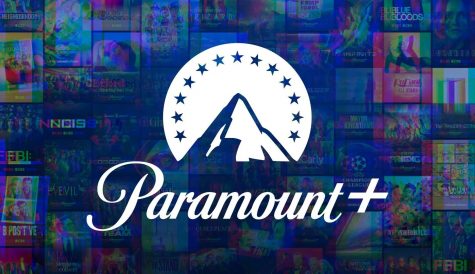
After more than 40 years of operation, DTVE is closing its doors and our website will no longer be updated daily. Thank you for all of your support.
UK to enforce age checks on adult sites from next year
UK government is due to introduce age verification checks for adult websites next year, after signing in the Digital Economy Act.
The new rules on online pornography are expected to come into force by April 2018, in what the government hailed as a milestone in its efforts to make “the UK the safest place in the world for children to be online”.
“I’m delighted to put into action the new law so that anybody running a pornographic website has to have age verification to protect children online,” said Digital Minister Matt Hancock after signing the commencement order for the Digital Economy Act 2017 yesterday.
“Anybody like me who is a parent knows that keeping children safe online is critical… I can’t wait until every website that has adult materials has age verification in place.”
Will Gardner, chief executive of internet safety charity Childnet welcomed the move, saying that “steps like this to help restrict access, alongside the provision of free parental controls and education, are key.”
However, critics have been quick to question the viability and security of introducing such widespread measures.
“Age verification could lead to porn companies building databases of the UK’s porn habits, which could be vulnerable to Ashley Madison style hacks,” said Jim Killock, executive director of Open Rights Group – a digital campaigning organisation that works to protect the rights to privacy and free speech online.
“Age verification risks failure as it attempts to fix a social problem with technology. In their recent manifestos, all three main political parties called for compulsory sex and relationship education in schools. Sex education would genuinely protect young people, as it would give them information and context.”
The government said the Digital Economy Act, which achieved Royal Assent in April, would protect and strengthen the rights and interests of individuals in an “increasingly digital society”.
It also includes: measures for cracking down on online ticket touts by making it illegal to use bots to buy up and sell on tickets; harsher penalties for online copyright infringement; and the requirement for catch-up TV and VOD services to provide subtitling and audio description on their programmes.



